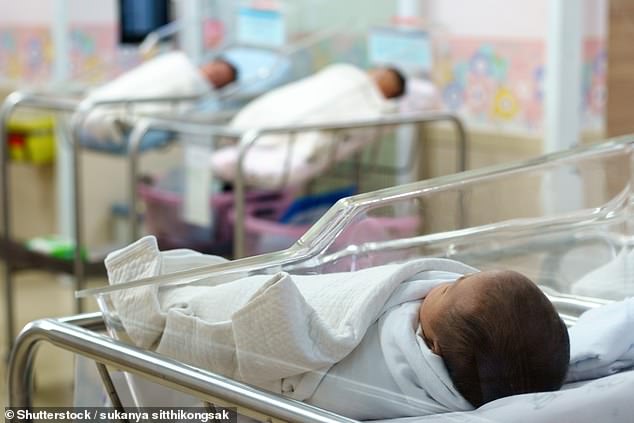Newborn babies are being screened for rare genetic disorders for the first time on the NHS in the largest study of its kind ever carried out.
Doctors hope this simple blood test, which looks for genetic defects in DNA, will speed up the diagnosis and treatment of thousands of babies born each year.
The project marks the first time the NHS has offered whole genome sequencing (WGS) to healthy babies.
It will detect around 200 treatable disorders, often before symptoms begin, allowing treatment to begin sooner and potentially preventing long-term health problems.
More than 500 newborn blood samples were taken as part of the study at 13 NHS hospitals across the country, with plans to expand to around 40 sites.
About 100,000 babies will be tested using samples of their umbilical cord taken soon after birth.
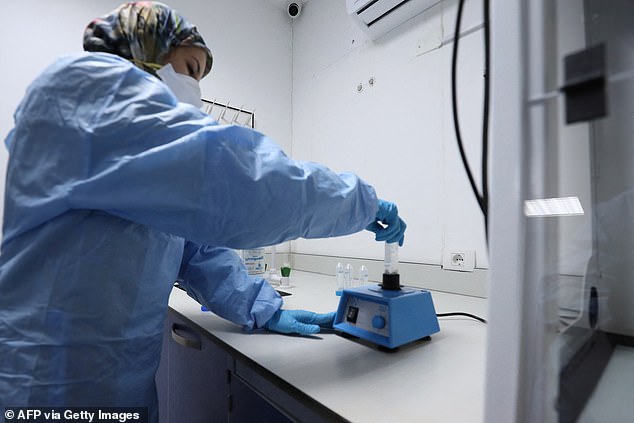
Doctors hope this simple blood test, which looks for genetic defects in DNA, will speed up the diagnosis and treatment of thousands of babies born each year.
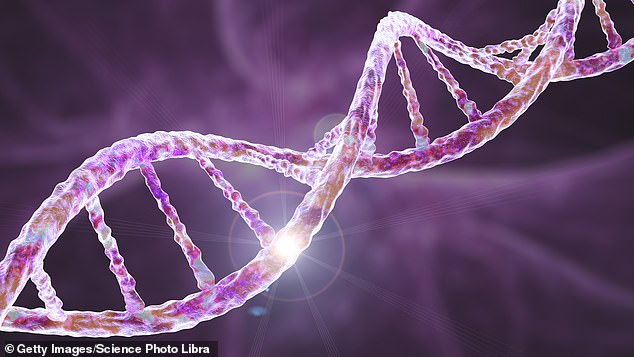
Researchers will explore the potential of storing an individual genome throughout a person’s life and using it to help predict, diagnose and treat future diseases.
Amanda Pritchard, NHS chief executive, said: “Diagnosing rare diseases in newborn babies as early as possible through genomic testing could be truly life-changing for families.”
“It has the potential to give thousands of children the opportunity to access the right treatment at the right time, giving them the best possible start in life, and for families to better plan their care.”
About 100,000 babies will be tested using samples of their umbilical cords taken shortly after birth.
Intended parents will be asked if they want to participate in the ‘Generation Study’ during pregnancy.
If a condition is identified, the baby will undergo further tests to confirm the diagnosis before receiving treatment.
It is hoped that earlier diagnosis will also save parents months or even years of anguish over not knowing what is wrong with their child.
Dr Rich Scott, chief executive of Genomics England, said: “The launch of the Generation Study is a crucial time as we seek to develop evidence on whether neonatal genomic screening should be offered to all children, to do more for the thousands. of children”. Born each year in the UK with a treatable genetic condition.
‘Children with these diseases often go years without receiving a diagnosis. Reducing this time would mean earlier access to what can be a life-changing treatment.’
The data could also be used to support broader health research aimed at improving testing and discovering more treatments.
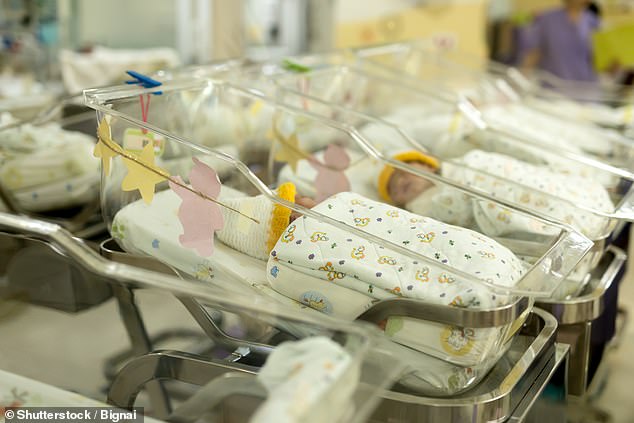
At the end of the trial, policymakers will decide whether whole genome sequencing should be implemented as part of a future newborn screening program.
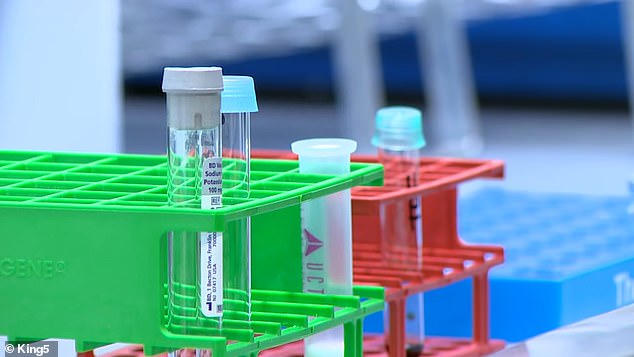
The data could also be used to support broader health research aimed at improving testing and discovering more treatments.
Researchers will explore the potential of storing an individual genome throughout a person’s life and using it to help predict, diagnose and treat future diseases.
For example, if a child who has had their genome sequenced becomes ill when they are older, there may be an opportunity to use their stored genetic information to help diagnose and treat them.
Critics have raised concerns about the potential medical implications for fathers and their extended family, as well as the possibility of signaling non-paternity, and some fear that people could opt out of screening altogether.
At the end of the trial, policymakers will decide whether whole genome sequencing should be implemented as part of a future newborn screening program.
Dame Sue Hill, England’s chief scientific officer, said: “By studying the potential of using whole genome sequencing from birth, we can discover whether giving early treatments for rare genetic diseases could transform the care of a young patient and whether there are long-term benefits. of having a complete genomic sequence from birth.’

